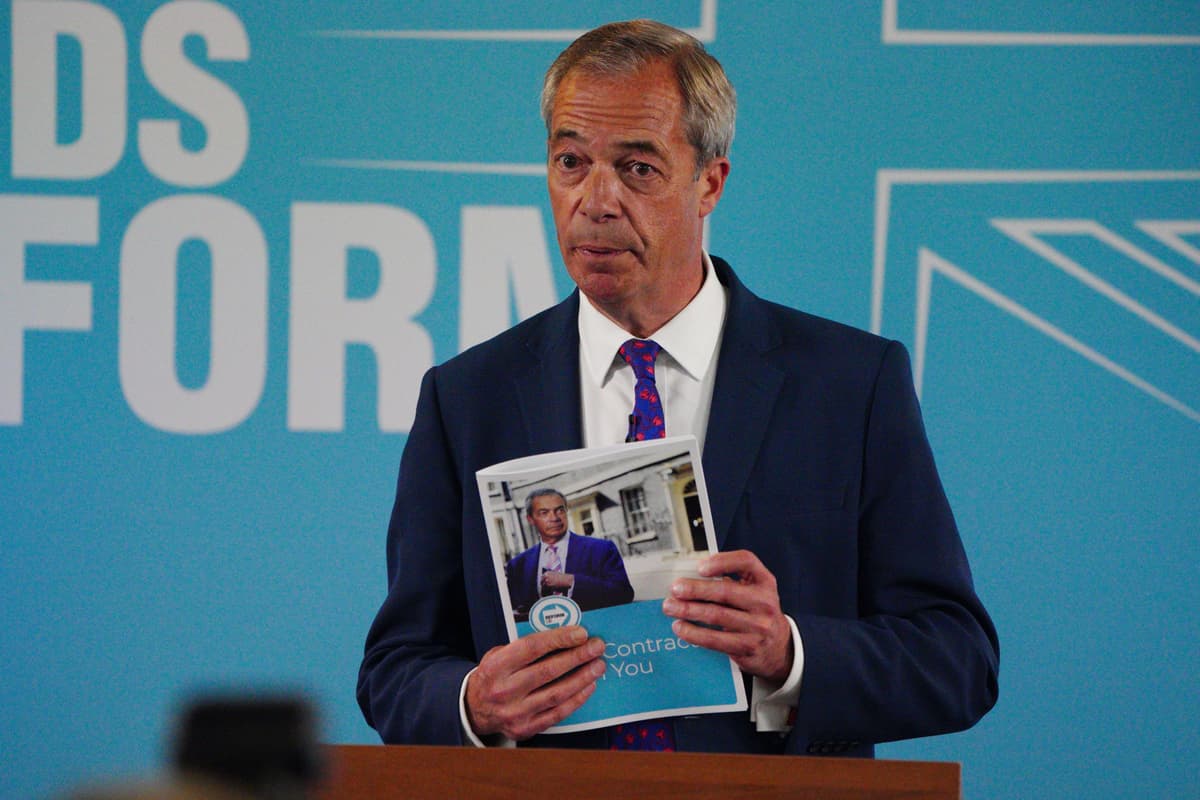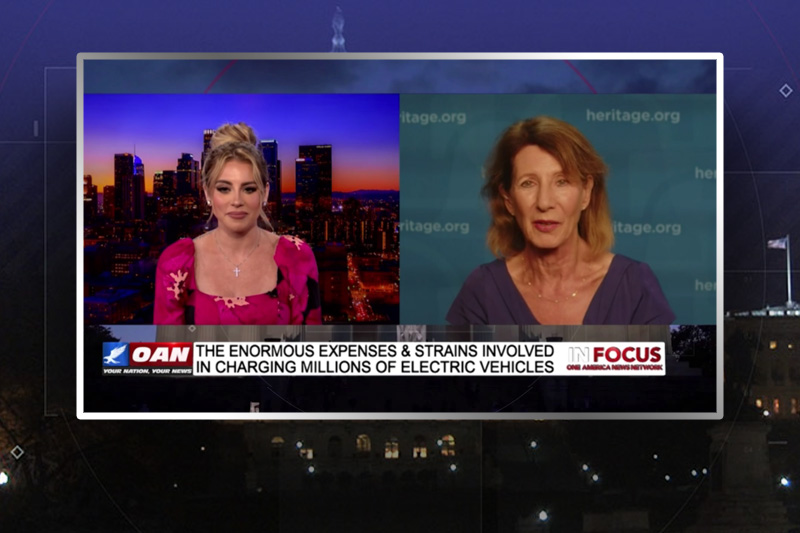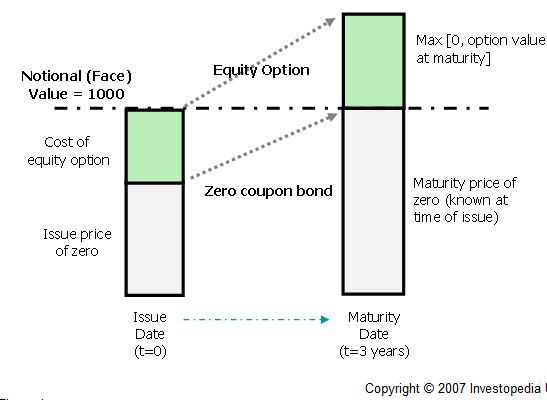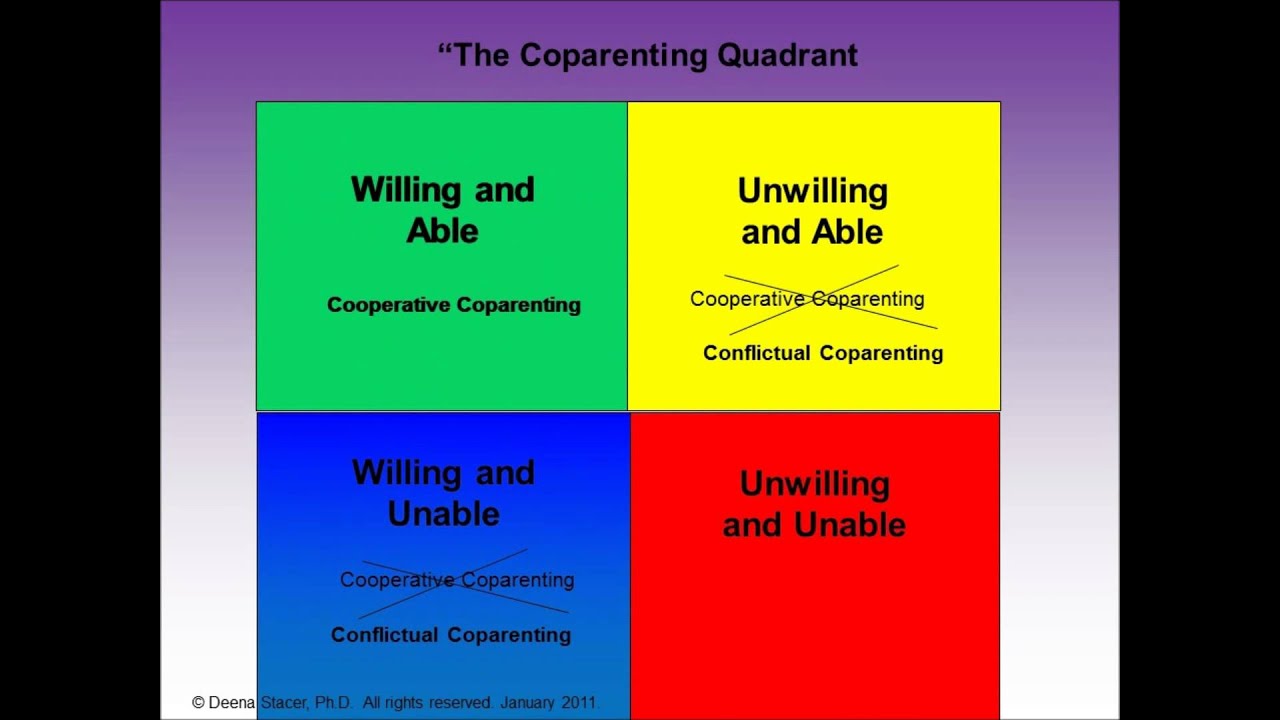Assessing The Reform Party's Potential Under Nigel Farage

Table of Contents
Electoral Performance and Strategy
Analyzing the past electoral performance of UKIP, the party most closely associated with Nigel Farage’s political career, provides valuable insights into the Reform Party's potential. UKIP, while never achieving a parliamentary majority, demonstrated a capacity to win significant votes and even seats in European Parliament elections.
- Historical Data: UKIP consistently polled in the single digits in general elections but achieved remarkable success in the 2014 European Parliament elections, securing 27.5% of the vote and 24 MEPs. This demonstrated a capacity to mobilize a specific segment of the electorate.
- Demographic Support: UKIP's support base, and likely that of the Reform Party, skews towards older, white, working-class voters, particularly in areas experiencing economic hardship and a sense of alienation from mainstream parties. This understanding is critical for targeting future campaigns.
- Electoral Strategy: UKIP, under Farage's leadership, utilized a highly targeted electoral strategy. This included focusing on specific constituencies with a high concentration of their target demographic, and leveraging social media platforms to bypass traditional media outlets. The Reform Party’s strategy will likely build upon this framework.
The Reform Party’s current electoral strategy remains somewhat undefined, but indications suggest a continuation of UKIP's populist approach, focusing on issues resonating strongly with its target demographic. The potential for electoral gains in upcoming local and general elections will significantly depend on the party’s ability to broaden its appeal and effectively communicate its message.
Key Policy Positions and Public Opinion
The Reform Party's core policy positions center around key themes that have historically proven popular with its target demographic. These include:
- Brexit: A staunchly pro-Brexit stance remains a cornerstone of the party's platform, advocating for a complete departure from the European Union and a rejection of any further integration.
- Immigration: The Reform Party has historically adopted a critical stance on immigration, advocating for stricter controls and reduced numbers.
- Economy: A focus on economic nationalism and support for small businesses are central to the party's economic policy.
Assessing public opinion on these policies reveals a mixed picture. While there remains significant support for aspects of Brexit, especially amongst the party's core base, public opinion on immigration is more nuanced and less uniformly supportive of the Reform Party's positions. Understanding the public’s evolving views on these policies is crucial to predicting the Reform Party’s success. The party's ability to successfully frame its economic proposals as beneficial for a wider segment of the population will be key to expanding its electoral appeal.
Strengths and Weaknesses of the Reform Party
The Reform Party possesses several key strengths:
- Strong Leadership: Nigel Farage's strong leadership and proven ability to mobilize voters are undeniable assets. His experience and name recognition offer a significant advantage.
- Clear Message: The party typically delivers a clear, concise message that resonates with its target demographic, focusing on core issues of sovereignty, immigration, and economic fairness.
- Dedicated Base: The Reform Party benefits from a dedicated and highly engaged base of supporters who are passionate about its core principles.
However, significant weaknesses also exist:
- Limited Appeal: The party's current appeal remains limited to a relatively niche demographic. Broadening its base beyond its core supporters presents a considerable challenge.
- Image Problems: The Reform Party, like UKIP before it, may face image problems linked to perceptions of extremism or hostility towards minority groups.
- Resource Constraints: Compared to established parties, the Reform Party likely faces limitations in terms of funding and organizational resources.
Overcoming these weaknesses will be crucial for the party's long-term electoral success.
Opportunities and Threats Facing the Reform Party
The Reform Party faces several significant opportunities:
- Public Dissatisfaction: The widespread dissatisfaction with established parties creates a fertile ground for populist movements, offering the Reform Party a chance to capitalize on public disillusionment.
- Political Shifts: Rapid changes in the political landscape, including Brexit's ongoing impact, could present opportunities for the party to gain traction.
- Potential Alliances: The possibility of strategic alliances or collaborations with other like-minded parties could significantly enhance the Reform Party's electoral prospects.
Conversely, several substantial threats loom:
- Competition: The Reform Party faces intense competition from other right-wing populist parties. Differentiating itself from these competitors will be a crucial challenge.
- Media Scrutiny: Negative media coverage could severely damage the Reform Party's image and electoral chances. Managing its public image will be crucial.
- Legal and Regulatory Challenges: The party may face legal or regulatory hurdles in its operations and campaigning activities.
Navigating these challenges effectively will be essential for the Reform Party’s future success.
Conclusion
Assessing the Reform Party's potential under Nigel Farage requires a balanced consideration of its strengths and weaknesses, opportunities, and threats. While the party possesses strong leadership and a dedicated base, its limited appeal and potential image problems present significant hurdles. The shifting political landscape and public dissatisfaction with established parties offer opportunities, but intense competition and potential media scrutiny remain threats. Its electoral success in the near future will depend on its ability to expand its appeal beyond its core base, address its image concerns, and effectively utilize any opportunities presented by the evolving British political landscape. Understanding the Reform Party's trajectory is crucial for anyone interested in British politics; continue following the development of the Reform Party and its impact on the nation's political future. Stay informed about the Reform Party’s activities and upcoming elections to fully grasp its influence.

Featured Posts
-
 Vegas Golden Knights Hertls Status Uncertain Following Lightning Hit
May 09, 2025
Vegas Golden Knights Hertls Status Uncertain Following Lightning Hit
May 09, 2025 -
 Auto Dealers Push Back Against Ev Mandates A Renewed Effort
May 09, 2025
Auto Dealers Push Back Against Ev Mandates A Renewed Effort
May 09, 2025 -
 Suncors Record Production Impact Of Inventory Buildup On Sales Volumes
May 09, 2025
Suncors Record Production Impact Of Inventory Buildup On Sales Volumes
May 09, 2025 -
 Pley Off Vegas Golden Nayts Obygryvaet Minnesotu V Overtayme
May 09, 2025
Pley Off Vegas Golden Nayts Obygryvaet Minnesotu V Overtayme
May 09, 2025 -
 Where To Start Your Business A Guide To The Countrys Hottest Spots
May 09, 2025
Where To Start Your Business A Guide To The Countrys Hottest Spots
May 09, 2025
Latest Posts
-
 The Real Safe Bet Investing Strategies For Secure Returns
May 09, 2025
The Real Safe Bet Investing Strategies For Secure Returns
May 09, 2025 -
 Analiz Ostannikh Zayav Stivena Kinga Pro Trampa Ta Maska
May 09, 2025
Analiz Ostannikh Zayav Stivena Kinga Pro Trampa Ta Maska
May 09, 2025 -
 Aktualni Zayavi Stivena Kinga Pro Trampa Ta Maska
May 09, 2025
Aktualni Zayavi Stivena Kinga Pro Trampa Ta Maska
May 09, 2025 -
 4 Bold Randall Flagg Theories That Reshape Your Understanding Of Stephen Kings Novels
May 09, 2025
4 Bold Randall Flagg Theories That Reshape Your Understanding Of Stephen Kings Novels
May 09, 2025 -
 Rethinking Stephen King 4 Unconventional Randall Flagg Theories
May 09, 2025
Rethinking Stephen King 4 Unconventional Randall Flagg Theories
May 09, 2025
